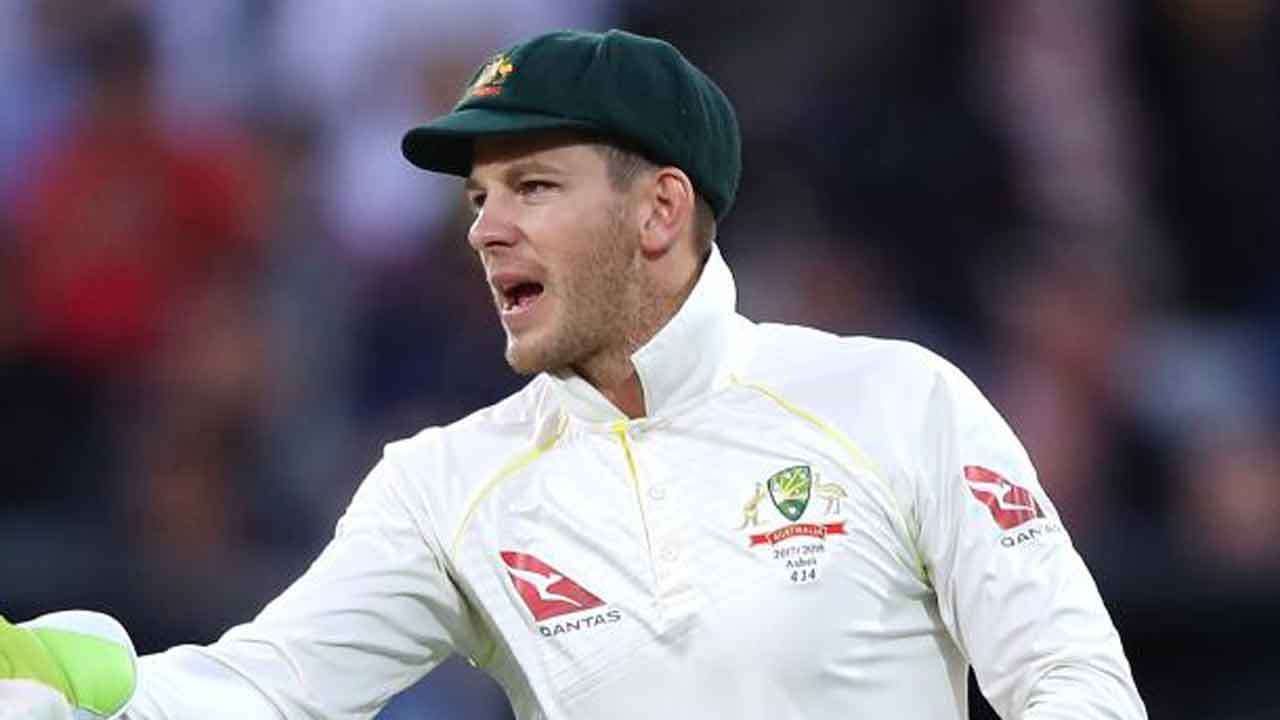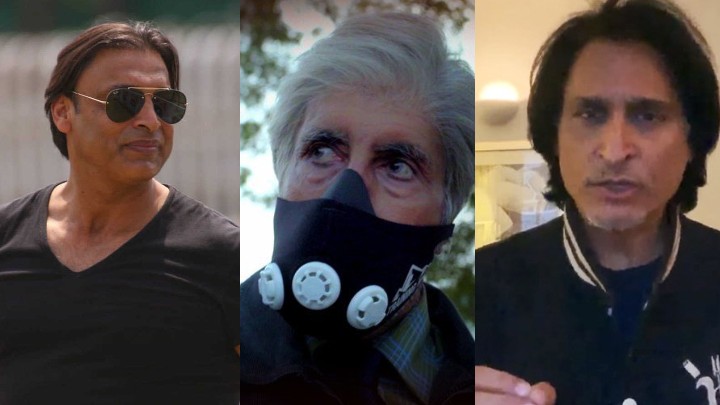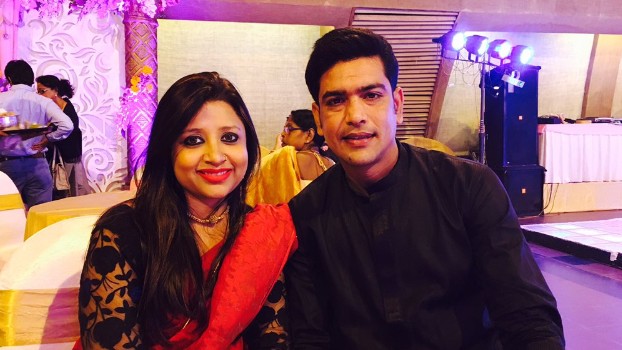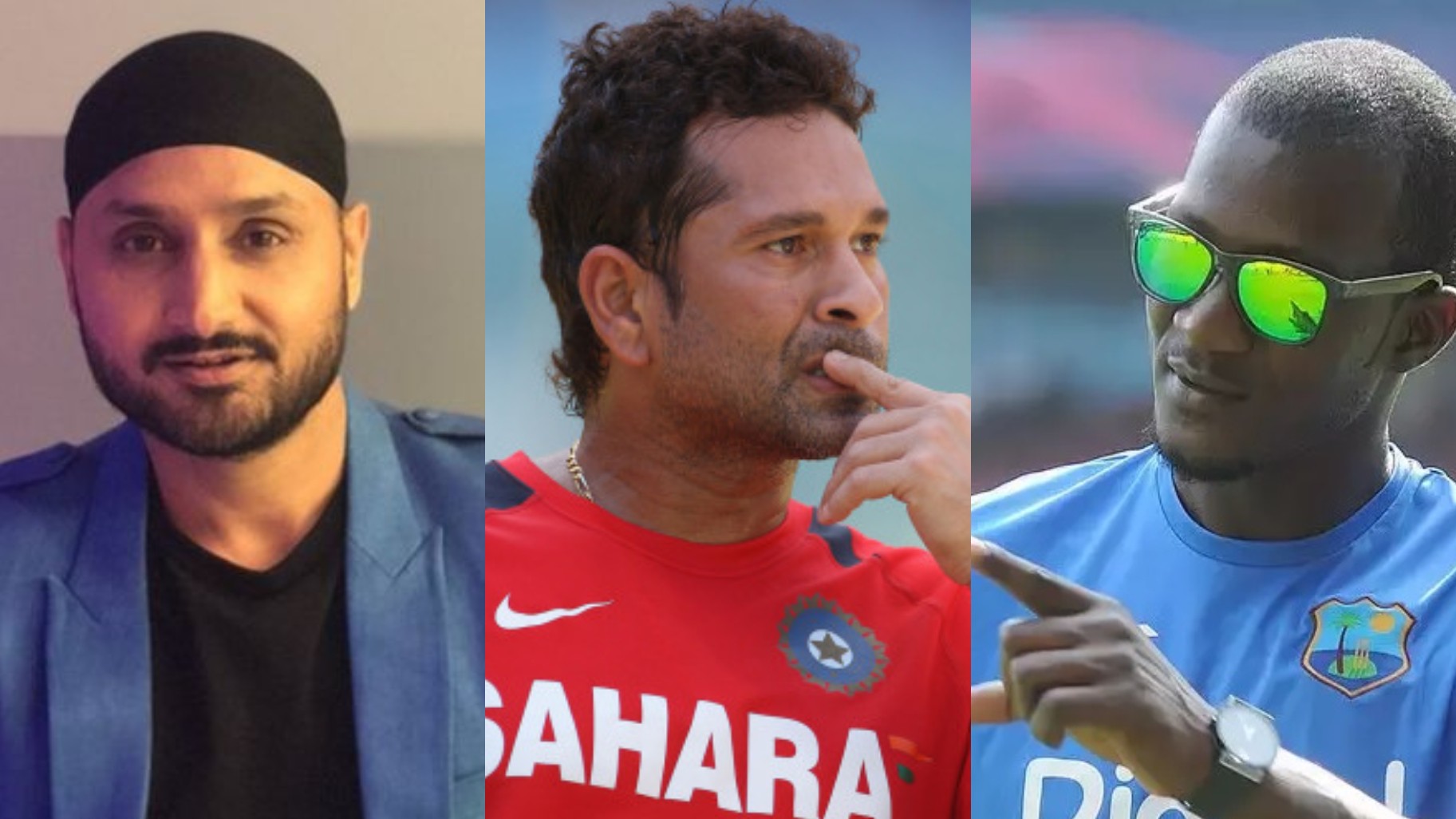 Australia's Test captain Tim Paine recalled the difficult phase of his career a decade back when a "painful" finger injury made him re-think of his future in cricket, as he spent days "crying on crouch" and could only overcome the mental trauma with the help of a sports psychologist.
Australia's Test captain Tim Paine recalled the difficult phase of his career a decade back when a "painful" finger injury made him re-think of his future in cricket, as he spent days "crying on crouch" and could only overcome the mental trauma with the help of a sports psychologist.
The injury was suffered while playing a charity match where a delivery from Dirk Nannes broke Paine's right index finger.
Read Also: Australia captain Tim Paine says no crowds during India series ‘not a factor’
Later requiring seven surgeries, involving eight pins, a metal plate and a piece of the hip bone to be cured, the injury not only took Paine out of the game for two years, but also got him to feel absolutely negative within himself.
"When I started training and playing again I wasn't too bad, until I started to face guys who bowled a bit quicker. And they'd be running in and instead of thinking about hitting the ball, I was thinking: 'Geez I hope he doesn't hit me on the finger'," Paine said on the 'Bounce Back' podcast.
"From there it was just a downward spiral. I lost absolutely all confidence. I didn't tell anyone about it. The truth is, one, I was scared of getting hit and two, I just didn't know what I was going to do," he added.
The mental struggle in the aftermath of the injury was so bad that it affected his personal life. "I didn't sleep, I didn't eat," said Paine. "I was so nervous before games, I'd have no energy. I was horrible to live with. I was pretty ordinary to my partner, who is now my wife. I was always angry and took out that I wasn't doing well on other people."
"I was embarrassed at what I had become. I love training for cricket, and I love watching cricket. But when it came to my part in the game I just hated it. I would rather be anywhere else in the world because I was convinced I was going to fail."
"No one knew I was struggling, not my mates, not my partner. There were times when she was at work and I'd sit on the couch crying. It was weird and it was painful," he added.
Cricket Tasmania came to the rescue, as Paine's domestic state side introduced him to a sports psychologist.
"I sat with her for maybe only 20 minutes that first time and I remember walking out of that room and instantly feeling better, that I had let someone in."
"And, in the end, the first step to dealing with it was admitting that I needed help. It still took six (more) months, but I remember walking out of that room and feeling instantly better."
Paine makes a conscious effort to inform youngsters about what he went through, so as to ensure they can also be comfortable talking of mental health struggles.
"I wish I had sought help earlier. I was taught to just get on with it. But I now try and share with younger players that you need people to talk too and share," he said.
"The stigma of not talking and men being big and brave and tough, we've been able to spin it a bit and say, it's actually braver to speak up; it's braver to share things," Paine added.
(Inputs from PTI)



